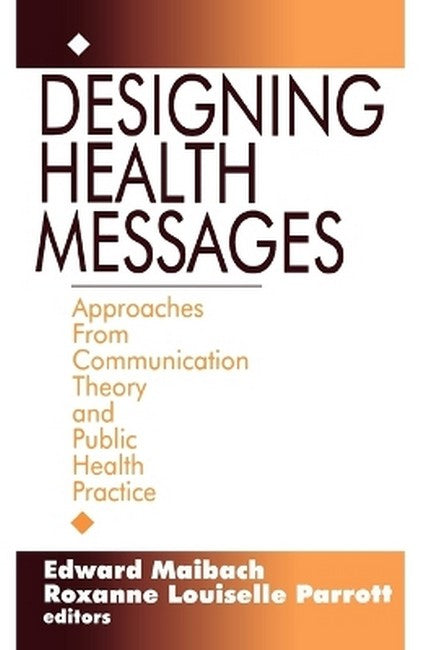Dr. Edward Maibach is a University Professor and Director of Mason's Center for Climate Change Communication (4C). In the Department of Communication, he teaches seminars in climate change communication, strategic communication, and social marketing. His research currently focuses exclusively on how to mobilize populations to adopt behaviors and support public policies that reduce greenhouse gas emissions and help communities adapt to the unavoidable consequences of climate change. Dr. Maibach holds a BA in social psychology from University of California at San Diego (1980), an MPH in health promotion from San Diego State University (1983), and a PhD in communication research from Stanford University (1990). Dr. Maibach previously had the pleasure to serve as Associate Director of the National Cancer Institute, Worldwide Director of Social Marketing at Porter Novelli, and Chairman of the Board for Kidsave International. He has also held academic positions at George Washington University and Emory University. What students may not know about Dr. Maibach is that he helped plan a multi-billion dollar communication campaign for the Office of National Drug Control Policy in the late 1990s. I emphasize the processes and outcomes associated with communication about health. My recent research focuses on the design of health messages to promote behavioral adaptation in situations where individuals are unable, unwilling, and/or unlikely to avoid situations and practices that put their health at risk. I have applied a behavioral adaptation approach to farmers' sun protection practices and am currently investigating its utility for involving the lay public in understanding the implications of human genetics research and information for personal well-being. I utilize a community-based approach in the dissemination of behavioral adaptation messages.
Request Academic Copy
Please copy the ISBN for submitting review copy form
Description
PART ONE: THEORY-DRIVEN APPROACHES TO HEALTH MESSAGE DESIGN Motivation to Attend to Health Messages - Roxanne Louiselle Parrott Presentation of Content and Linguistic Considerations Encouraging Risk Reduction - David R Holtgrave, Barbara J Tinsley and Linda S Kay A Decision-Making Approach to Message Design Moving People to Behavior Change - Edward W Maibach and David Cotton A Staged Social Cognitive Approach to Message Design Fear Appeals in Health Promotion Campaigns - Jerold L Hale and James Price Dillard Too Much, Too Little, or Just Right? Thinking Positively - Jennifer L Monahan Using Positive Affect When Designing Health Messages Designing Messages for Behavioral Inoculation - Michael Pfau Reaching Young Audiences - Erica Weintraub Austin Developmental Considerations in Designing Health Messages Fishing for Success - Kim Witte Using the Persuasive Health Message Framework to Generate Effective Campaign Messages PART TWO: AUDIENCE-CENTERED STRATEGIES FOR HEALTH MESSAGE DESIGN Using Research to Inform Campaign Development and Message Design - Glen J Nowak and Michael J Siska Examples from the `American Responds to AIDS' Campaign Choosing Audience Segmentation Strategies and Methods for Health Communication - Michael D Slater The Gatekeeping Process - John McGrath The Right Combinations to Unlock the Gates Use of Database Marketing and Consumer-Based Health Communication in Message Design - R Craig Lefebvre et al An Example From the Office of Cancer Communication's `5 a Day for Better Health' Program PART THREE: COMBINING THEORY AND PRACTICE: ADDITIONAL CONSIDERATIONS Supplementing Health Campaign Messages - Sharon Lee Hammond Recent Developments in Informing Patients about Their Prescription Drugs Enabling Health - Roxanne Louiselle Parrott, Mary Louise Kahl and Edward W Maibach Policy and Administrative Practices at a Crossroads

